Cultural Innovation and Critical Practice Research Lab

All

News
From mythological imagery to digital construction: architecture undergraduates explore 3D concrete printing

From Jiu Xian to Torrão: A transnational dialogue through time, architecture, and filmmaking
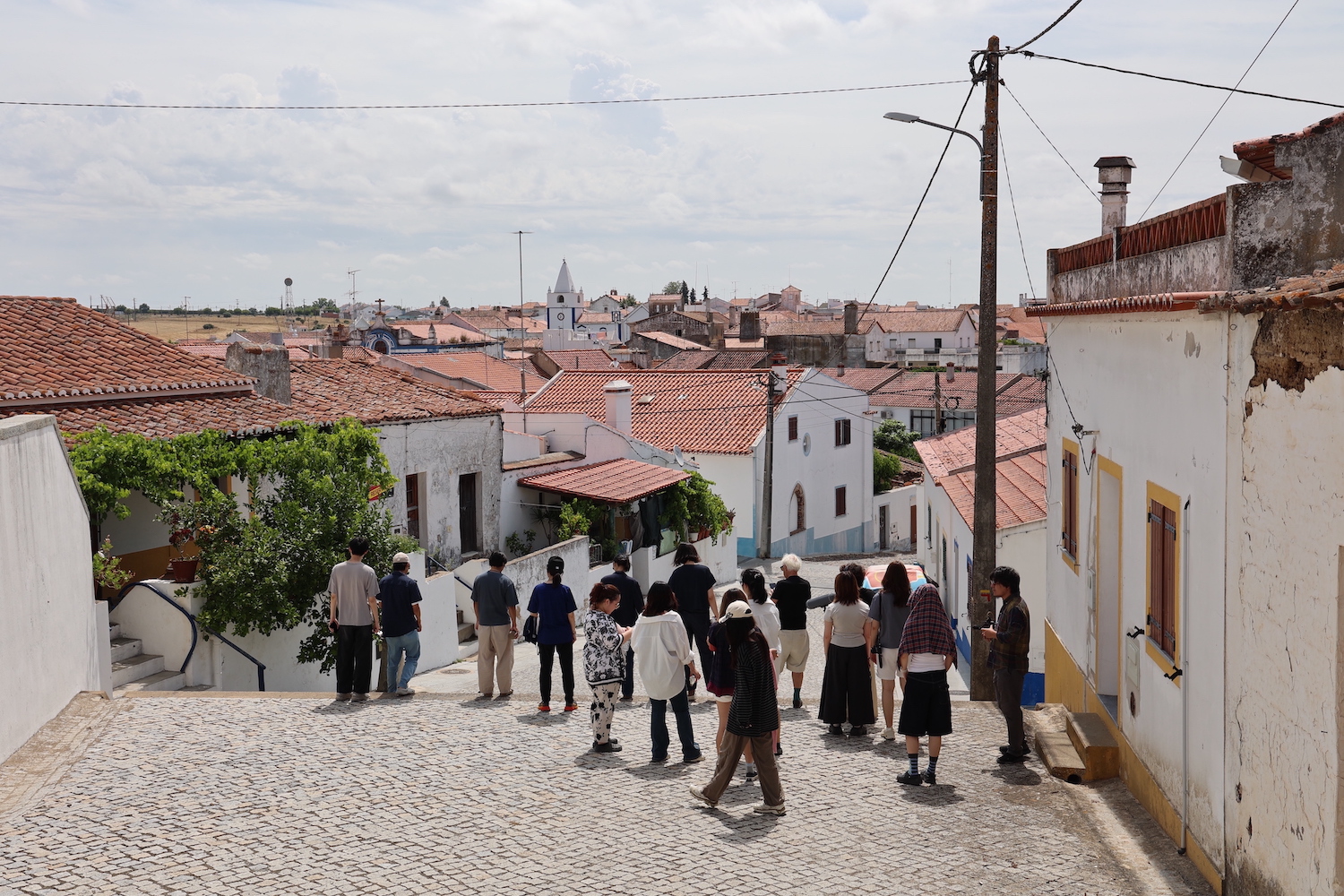
XJTLU faculty design integrates digital fabrication and well-being, winning multiple awards
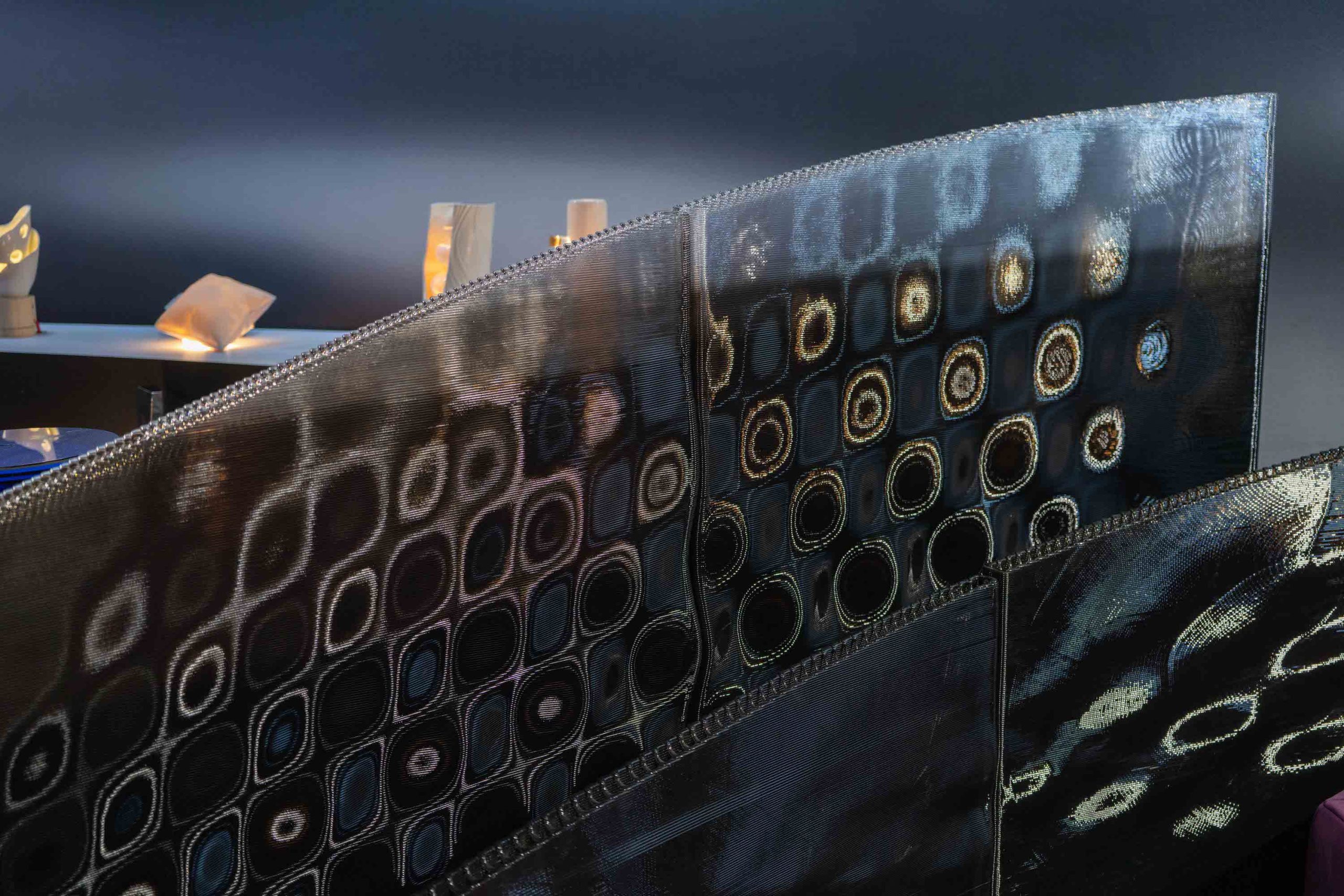

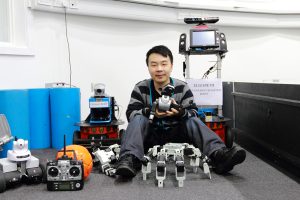


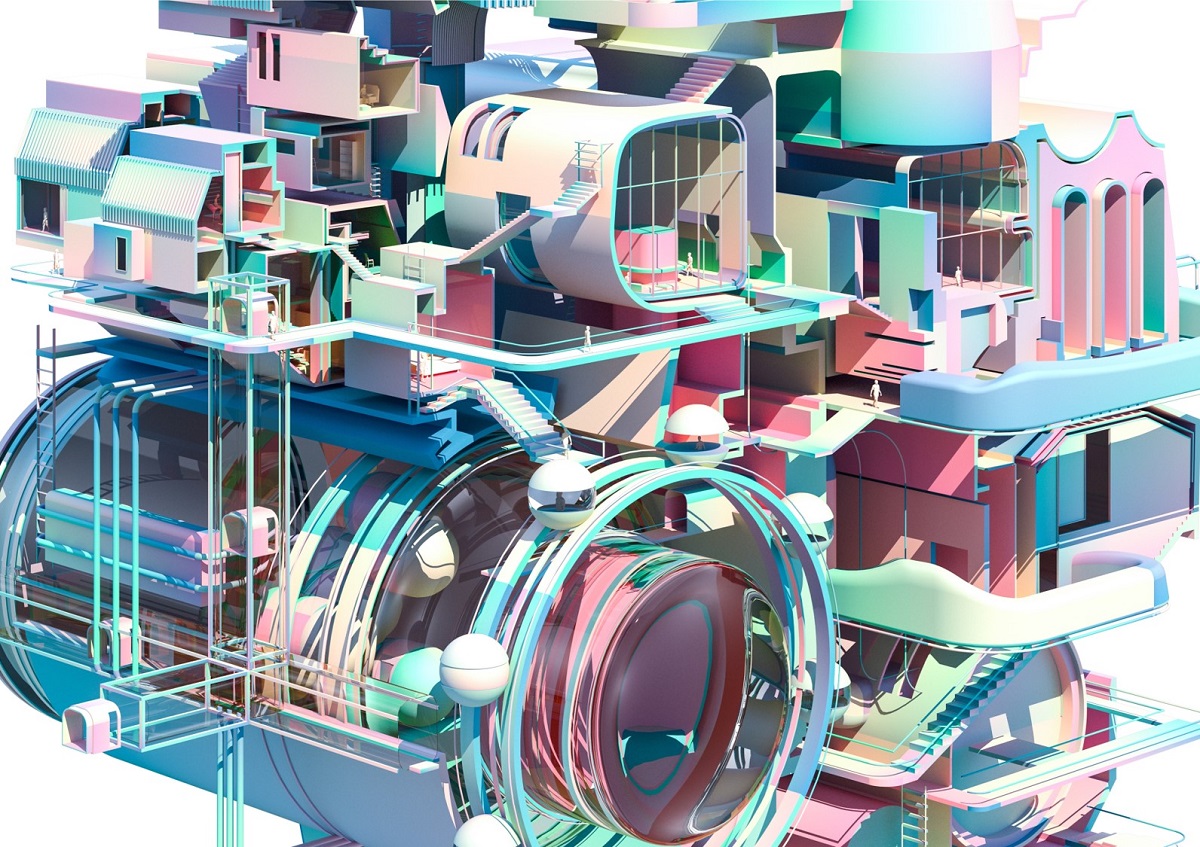
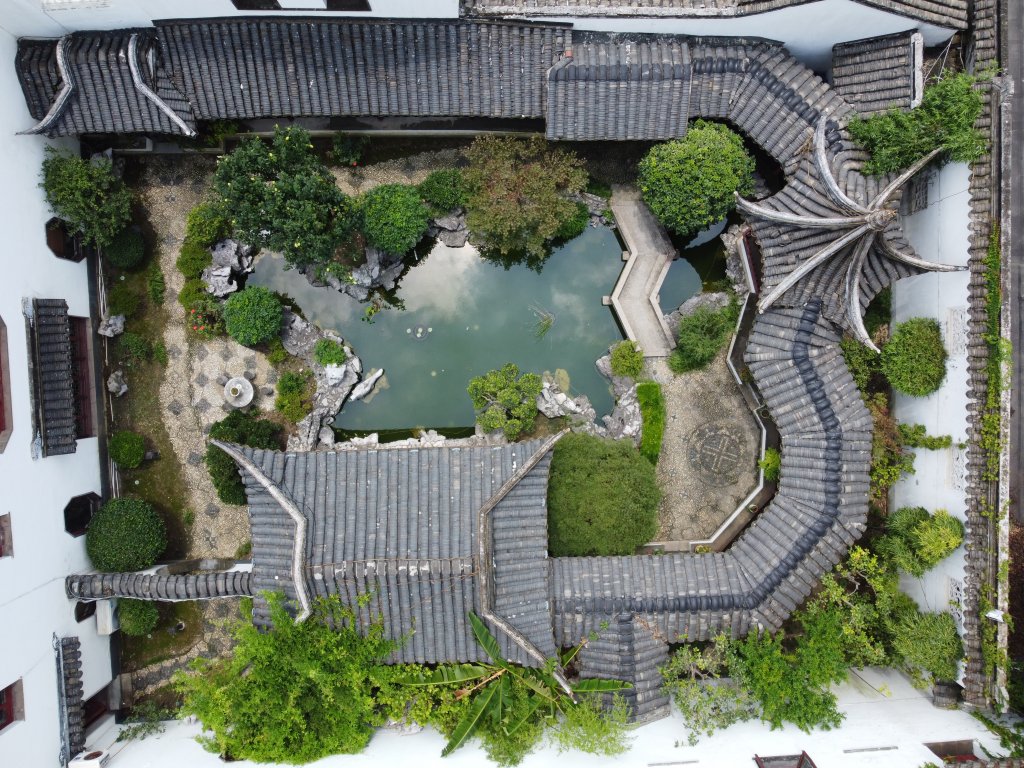
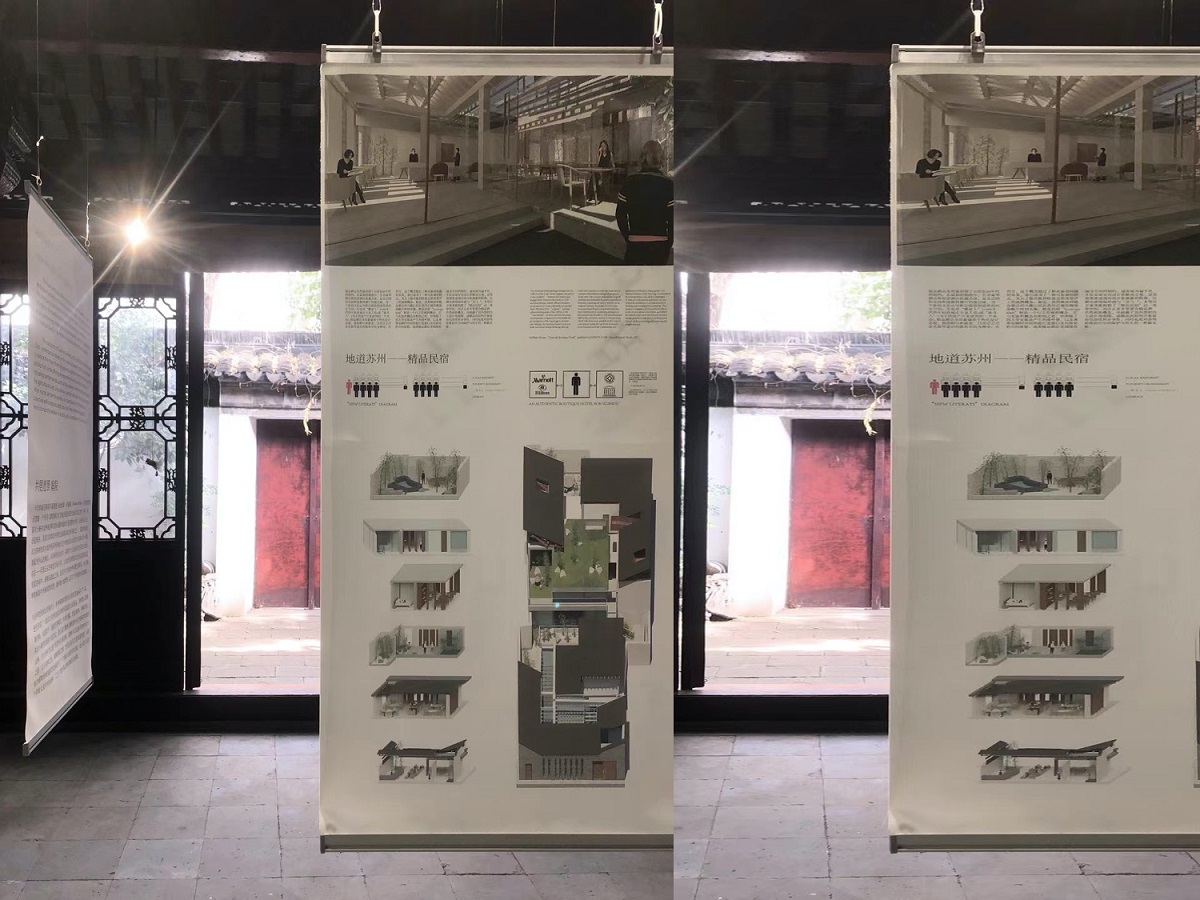
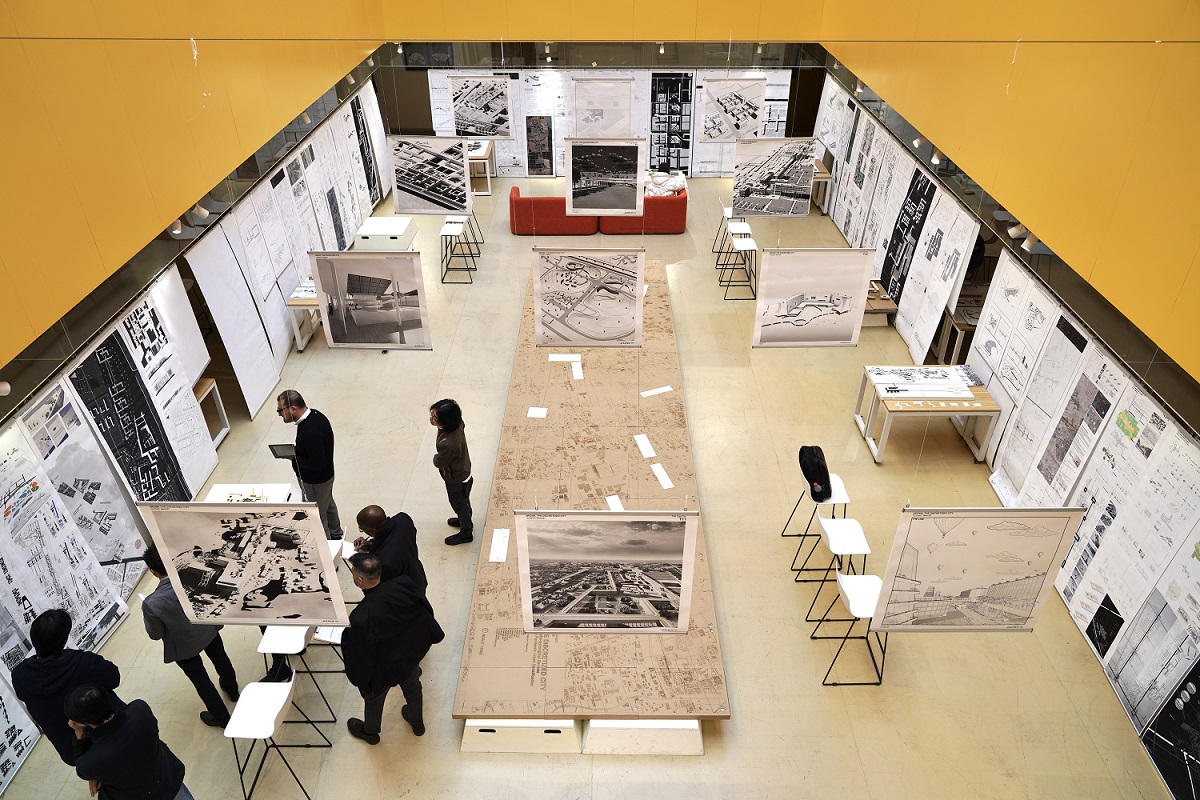
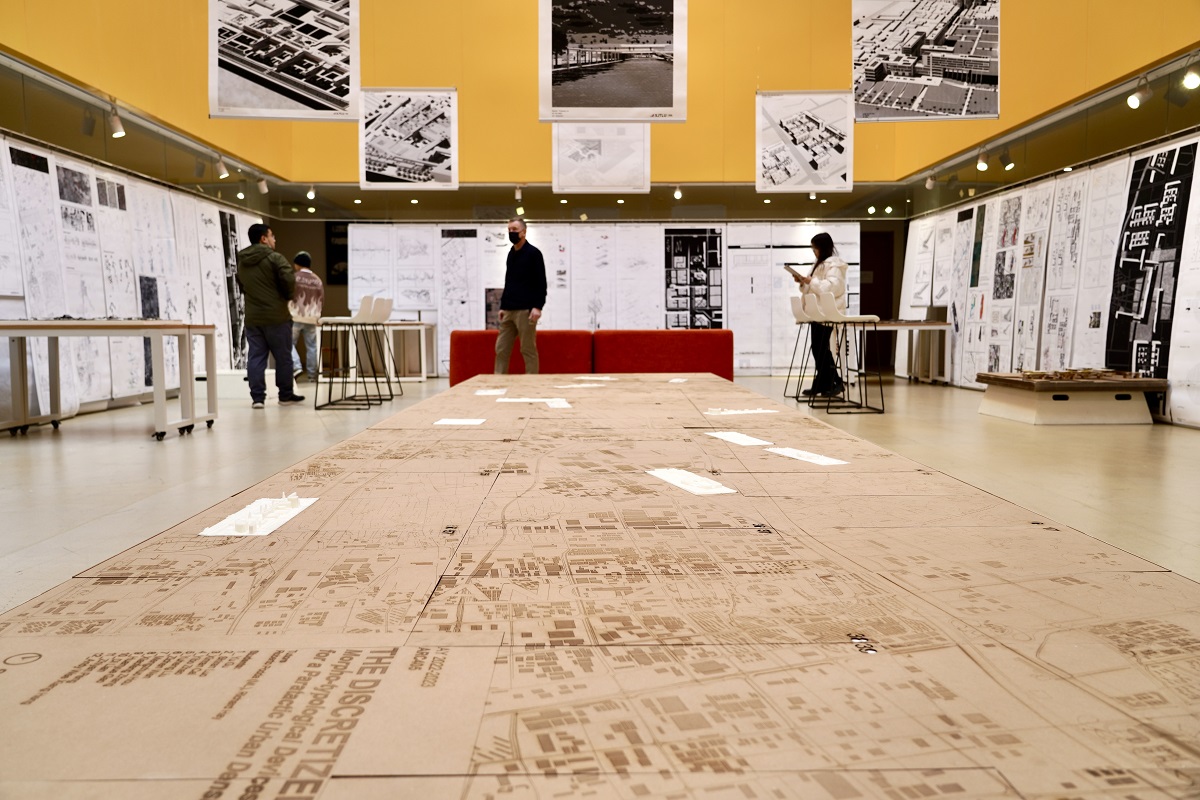
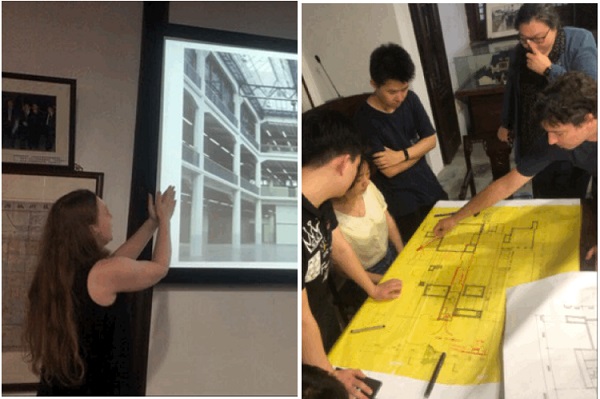
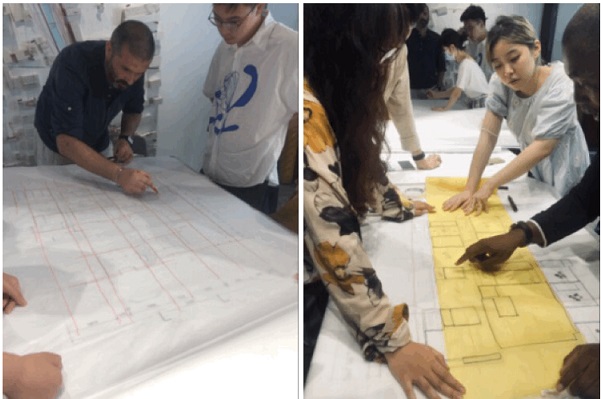
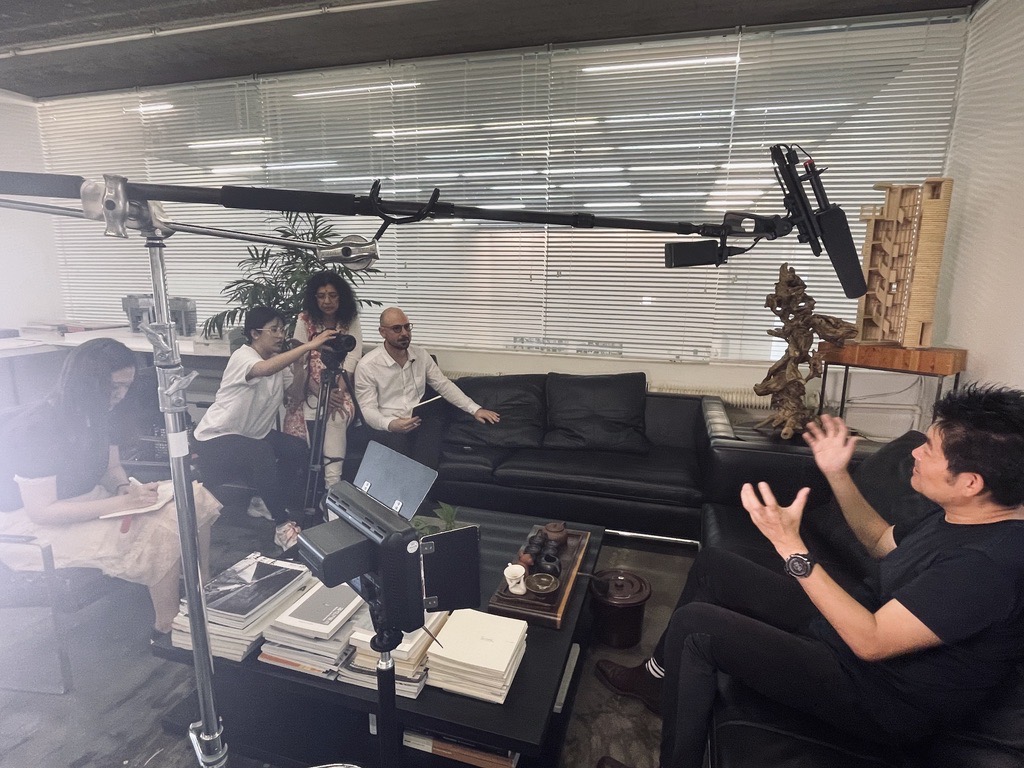


We research the concepts, categories and tools which enable or transform design cultures, and explore questions of newness/innovation, the transmission and continuation of cultural processes and the plurality of meaning in the built environment. We are engaged with speculative research which attempts to elucidate the prescient situations that inform future design practices and allow them to critically connect with histories and cultures.
We believe close-readings of architecture and the city reveal the latent character of non-neutral and highly specific cultural vehicles. Amidst the urban residuum of concepts inherited from history, and the historical density of the elements with which we work, the mythological worlds of cultures and communities which have been built up and shattered, must be re-built to include critical practices which innovate upon, critique, and re-evaluate those fragments. Our research aims at opening possibilities for fruitful working relationships in this new field.
We use theory and practice as a mode of inquiry to collectively engage with the learned and embodied cultural unconscious. Our scholarship and breadth of projects and partnerships are supported by local, national, and international funding, including the Aga Khan Award for Architecture. By hosting workshops, seminars, and exhibitions the Lab cultivates open academic discussions and broadens the research impact through its network to advance the endeavors of its members and partners.
As a research focus of Xi’an Jiaotong-Liverpool University (XJTLU), based in the Department of Architecture and the School of Design, the lab aims, in line with XJTLU’s mandate, to create a bridge between Eastern and Western research practices and themes. It reflects the department’s role as a navigator in this context, offering opportunities for campaigns at local, regional and international levels.
Core Areas
Selected Publications and Practice-Based Research
Lab Coordinator